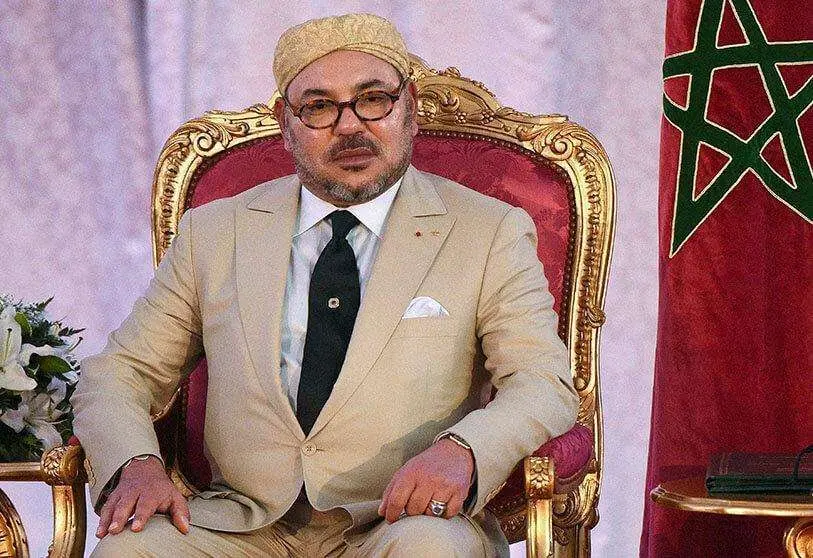Marruecos celebra el 78 aniversario del Manifiesto de la Independencia

On 11 January, the Moroccan people commemorate a historic milestone that was key to their independence and national sovereignty: the presentation of the Manifesto of Independence. On that date in 1944, 66 nationalist leaders signed a document calling for an independent Morocco with the monarch Mohammed V as its leader. Malika al-Fassi was the only woman among the signatories of the Manifesto and, in addition to being a strong advocate of Moroccan independence, she played a key role in promoting the rights of Moroccan women and in the fight against illiteracy. The text was presented to the colonial authorities and to the diplomatic representations of the United States, the United Kingdom and the Soviet Union.
A few days later, however, the French authorities arrested a number of nationalist figures. Ahmed Balafrej, secretary general of the Istiqlal party, was arrested by French security forces in Rabat and banished for several months to the island of Corsica. On his return, he became the first Foreign Minister under the independent Kingdom of Morocco. On the other hand, France also imprisoned other relevant leaders in Fez.
This treaty showed the common Moroccan desire to end the protectorate in order to build a free and sovereign Kingdom, as well as to unite the various nationalist forces. However, King Mohammed V had already laid the foundations of this Manifesto a year earlier, during the Casablanca or Anfa Conference in January 1943. During this summit, the monarch met with the top leaders of the Allied side to launch the process of Moroccan independence. Mohammed V won the support of US President Franklin Roosevelt and British leader Winston Churchill.

78 years after this event, the Independence Manifesto and all that it symbolises - unity, sovereignty, independence - is still very much present in Moroccan society. Indeed, as Abdelkrim Zerktouni, president of the Mohamed Zerktouni Foundation for Culture and Research, told MAP, the document could "be the key to resolving many of the introversions of the current period". This institution bears the name of one of the main leaders of the Moroccan resistance against French colonialism. Zerktouni also stresses that the essence of the Independence Manifesto is the "same spirit" that Morocco is counting on today "to strengthen the achievements, consecrate national sovereignty, complete territorial integrity and consolidate the immunity of the Kingdom".
As is tradition, on the occasion of the anniversary of the Independence Manifesto, King Mohammed VI has granted a royal pardon to 637 people convicted by different courts in the country, the Ministry of Justice announced. According to MAP, five prisoners have been granted a commutation of life imprisonment, while 473 people will benefit from a reduced prison sentence. The Alawite monarch also pardoned 810 people on the occasion of Eid al-Fitr, the celebration marking the end of Ramadan, last May. Seventeen of the pardoned detainees were part of the protests that began in 2016 in the city of Al Hoceima. It is a custom for Mohammed VI to pardon prisoners on every religious or bank holidays, during the anniversary of the Manifesto of Independence last year 756 people enjoyed the royal amnesty.








